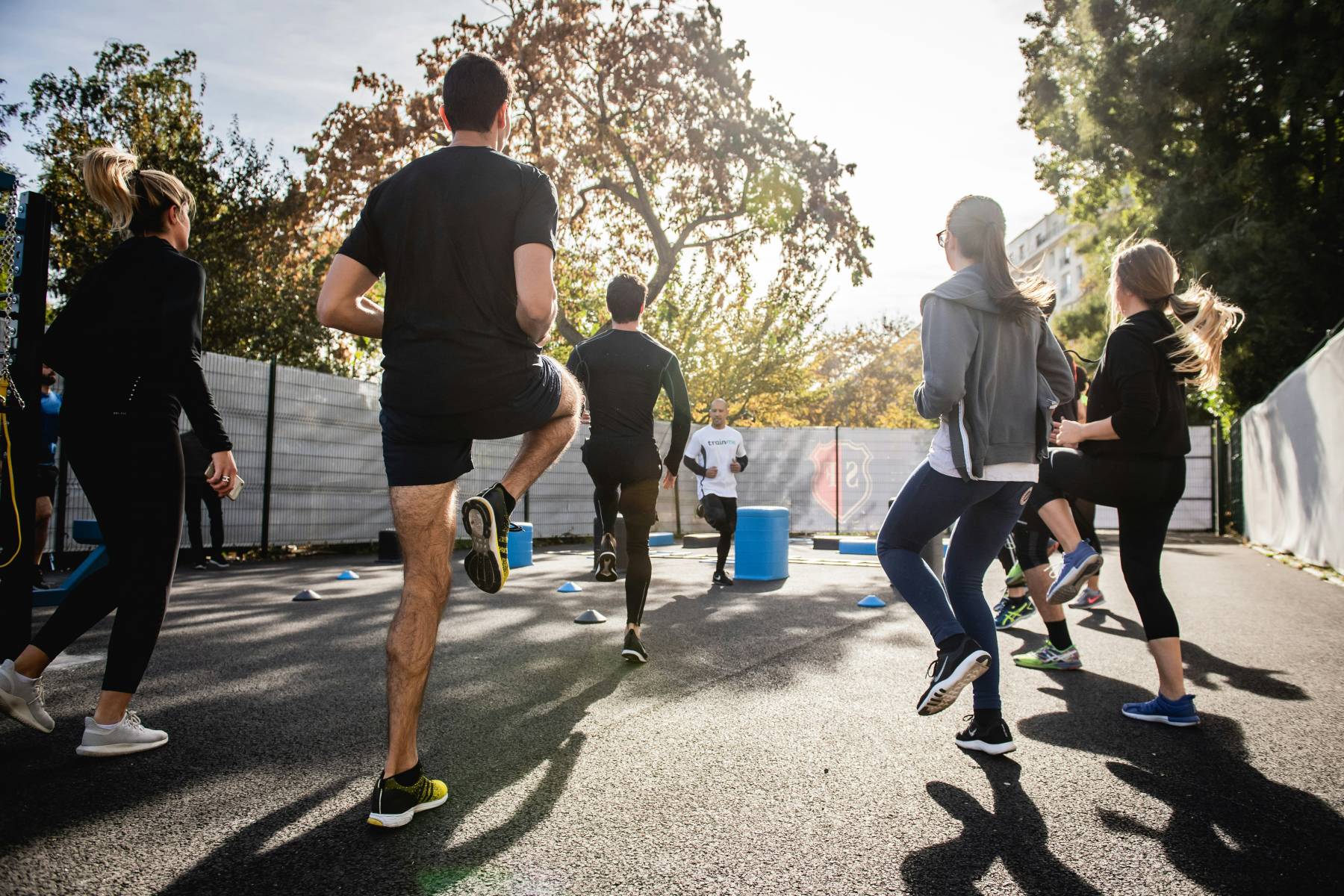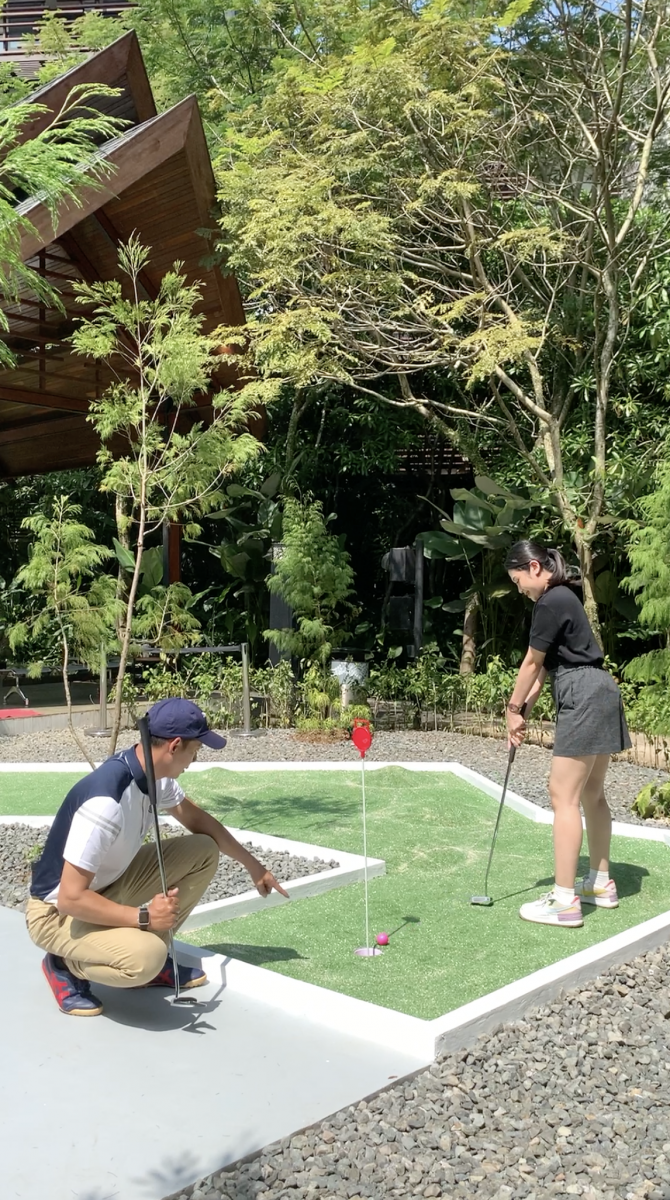Pullman Ciawi Vimala Hills Resort Spa & Convention - Luxury hotel - Maintaining Health During Fasting: Tips for Well-being While Fasting
Pullman Ciawi Vimala Hills Resort Spa & Convention
- English
- See this hotel on all.accor.com or brand website in other languages :
Maintaining Health During Fasting: Tips for Well-being While Fasting
Throughout the month of Ramadan, all Muslims are required to endure hunger and thirst for more than 12 hours each day. Consequently, the body needs adequate hydration, and daily vitamin needs must still be met. Moreover, the obligation to intensify worship and wake up in the middle of the night for the pre-dawn meal (suhoor) also leads to irregular sleeping patterns.

Photo by Mufid Majnun on Unsplash
However, fasting can have positive impacts on body health. Fasting can reduce the risk factors for heart disease in overweight individuals (obesity), especially blood pressure and LDL (bad cholesterol) levels. Additionally, fasting can improve liver function, body metabolism, and digestion.
To maintain body health during fasting, it’s essential to pay attention to adequate nutrition and fluid intake and maintain a good sleep pattern. Start by improving meal patterns, such as enhancing the pre-dawn meal (suhoor) and breaking fast menus to ensure continuous health. This will energize the body and provide sufficient stamina and energy to carry out daily activities even while fasting.
Maintaining health during the fasting month can pose challenges, especially with changes in eating and sleeping patterns compared to regular days. Apart from enduring hunger and thirst for approximately 12 hours, ensuring the body remains healthy is essential to avoid illnesses, viruses, and other pathogens. Here are some tips and tricks to help maintain bodily health during fasting.
A Balanced Suhoor
Suhoor, the pre-dawn meal, is vital to sustaining stamina during fasting. Ensure your suhoor menu consists of a balanced combination of complex carbohydrates, protein, fiber, vitamins, and minerals. Examples include oatmeal with fruits, boiled eggs, or whole wheat bread with cheese.
Adequate Hydration
To avoid dehydration, drink enough water between breaking the fast and the pre-dawn meal (suhoor). In addition to consuming plain water, you can also drink coconut water when breaking the fast to replenish lost hydration. Avoid soda, coffee, or sweet tea, which can lead to quicker dehydration.

Photo by engin akyurt on Unsplash
Ensure Balanced Nutrition
Even while fasting, ensure you still receive adequate nutrition. Increase your intake of fruits, vegetables, and healthy plant-based or animal protein sources. Avoid fatty and heavy foods that are difficult to digest. Choose light and easily digestible foods to prevent bloating or difficulty staying active.

Photo by Ben Koorengevel on Unsplash
Sufficient Rest
Ensure enough rest between breaking the fast and the pre-dawn meal (sahur). To maintaining health during fasting, try to sleep and wake up at the same time if possible. Avoid staying up late, as it will only make your body feel tired. If this continues, it may increase the risk of fatigue-related illnesses such as typhoid fever and gastritis. A good sleeping pattern is crucial for maintaining bodily health and improving concentration during worship.

Photo by Kinga Howard on Unsplash
Light Exercise
The key to staying healthy during fasting is to exercise regularly. Physical activity has many benefits for both physical and mental health, even during the fasting month. Aim to engage in 30 minutes of exercise such as walking, cycling, jogging, or other appropriate workouts based on your body’s condition. This will help maintain body fitness and boost metabolism. Avoid exercising during the daytime, as it can increase the risk of dehydration.

Photo by Gabin Vallet on Unsplash
Ensuring a well-rounded suhoor meal containing complex carbohydrates, protein, fiber, vitamins, and minerals, adequate hydration, and a commitment to nutritious foods throughout the fasting period is essential for maintaining energy levels and overall health. Sufficient rest, consistent sleep schedules, and mild exercise contribute to physical and mental well-being while preventing dehydration and fatigue-related ailments. Prioritizing balanced nutrition, hydration, rest, and gentle exercise allows individuals to enhance their fasting experience and preserve vitality during this sacred period.
To help maintain health and fitness during fasting, Pullman Ciawi Vimala Hills provides a fitness center (Pullman Fit). It has comprehensive facilities for physical exercise, Tabata, Circuit Training, and even nature walks on dedicated paths with serene natural views. Various types of sports activity programs are available daily, and specialized instructors are available according to predetermined schedules.
Pullman Ciawi Vimala Hills also provides other light exercise options for guests, such as bicycles to explore the Vimala Hills area and Mini-Golf activities, which are excellent options for passing the time while awaiting the fast-breaking moment.

Experience staying with us by visiting our website through this link or contacting us at 0251-830-6888 or 0812-1988-1574 (WhatsApp chat).




